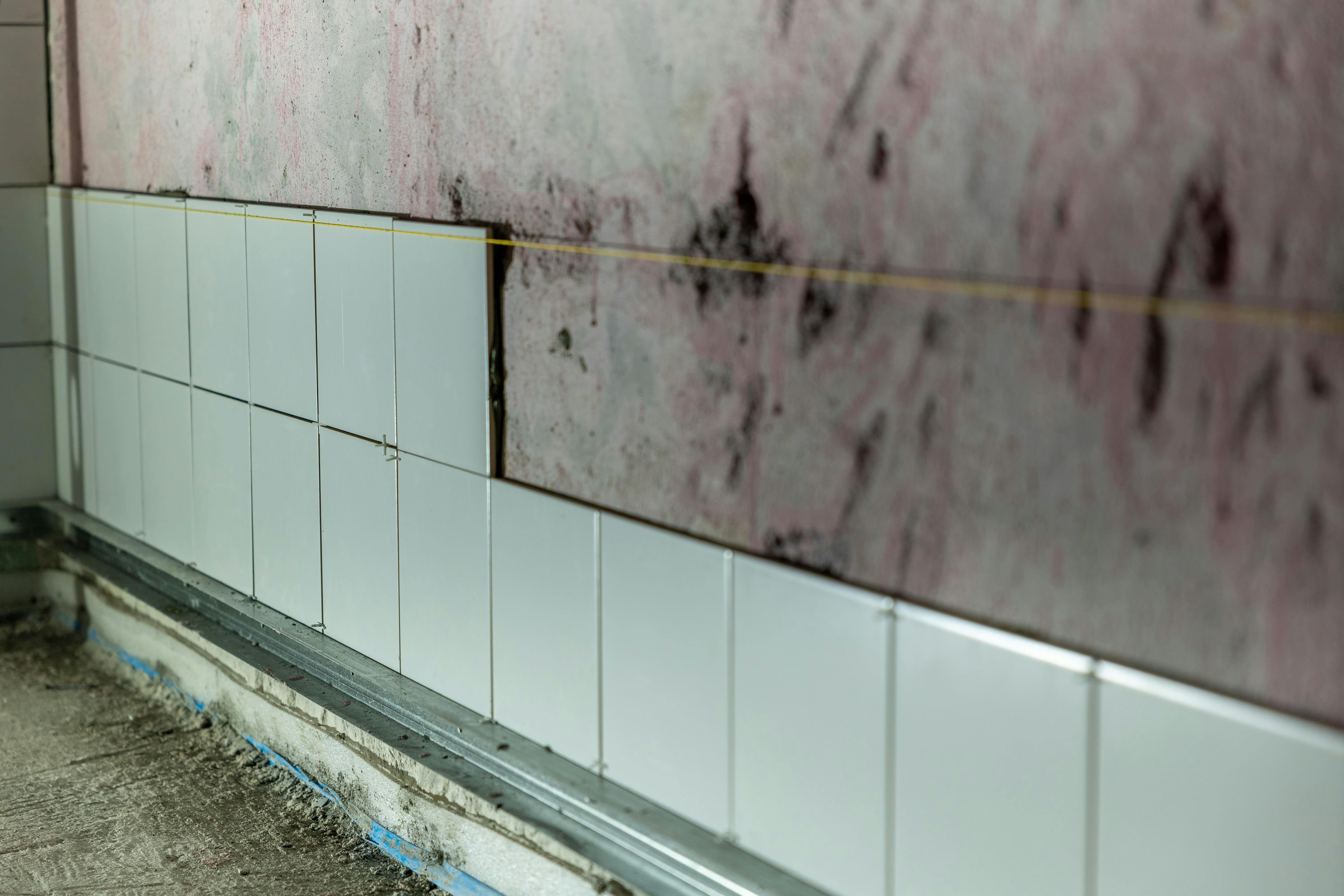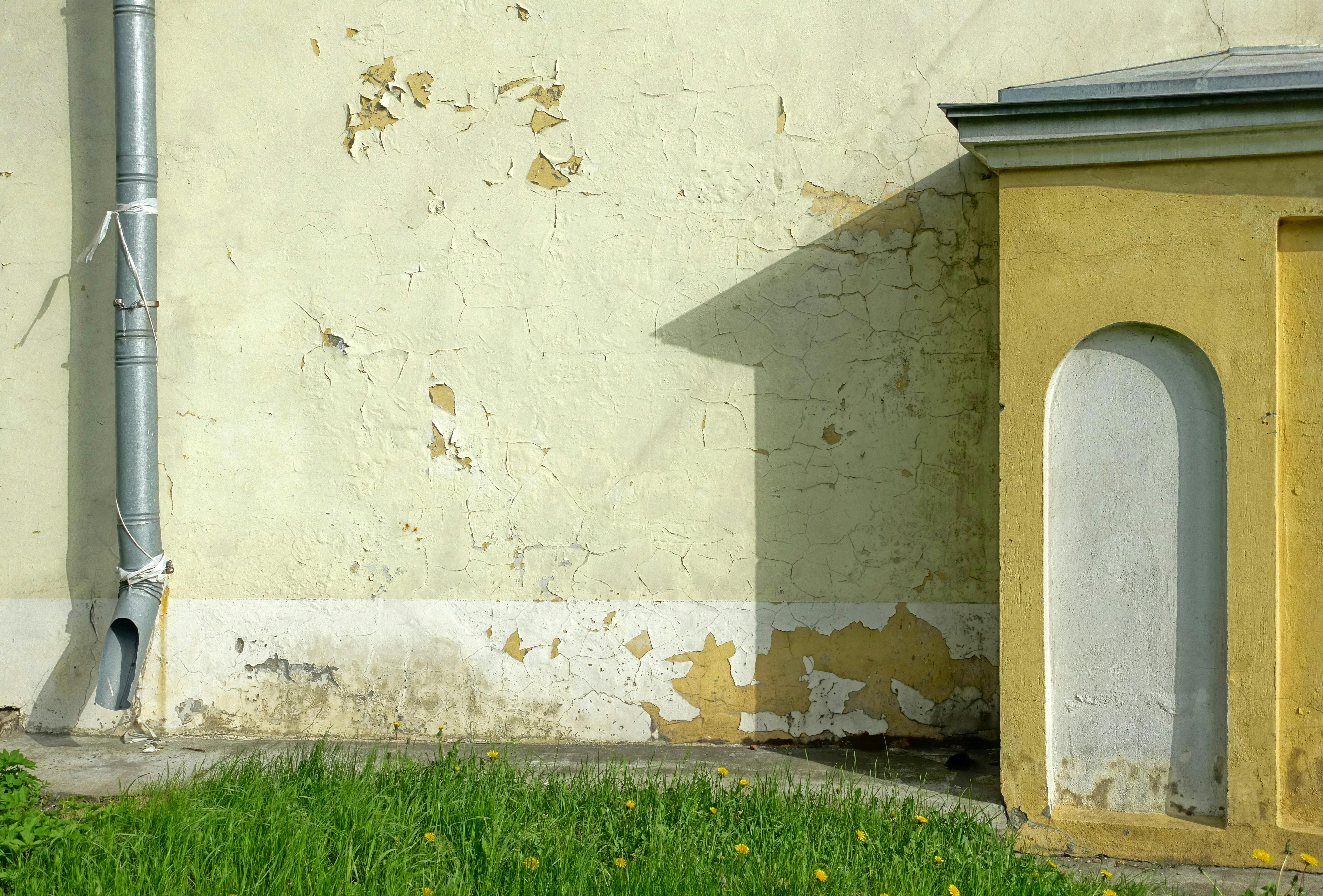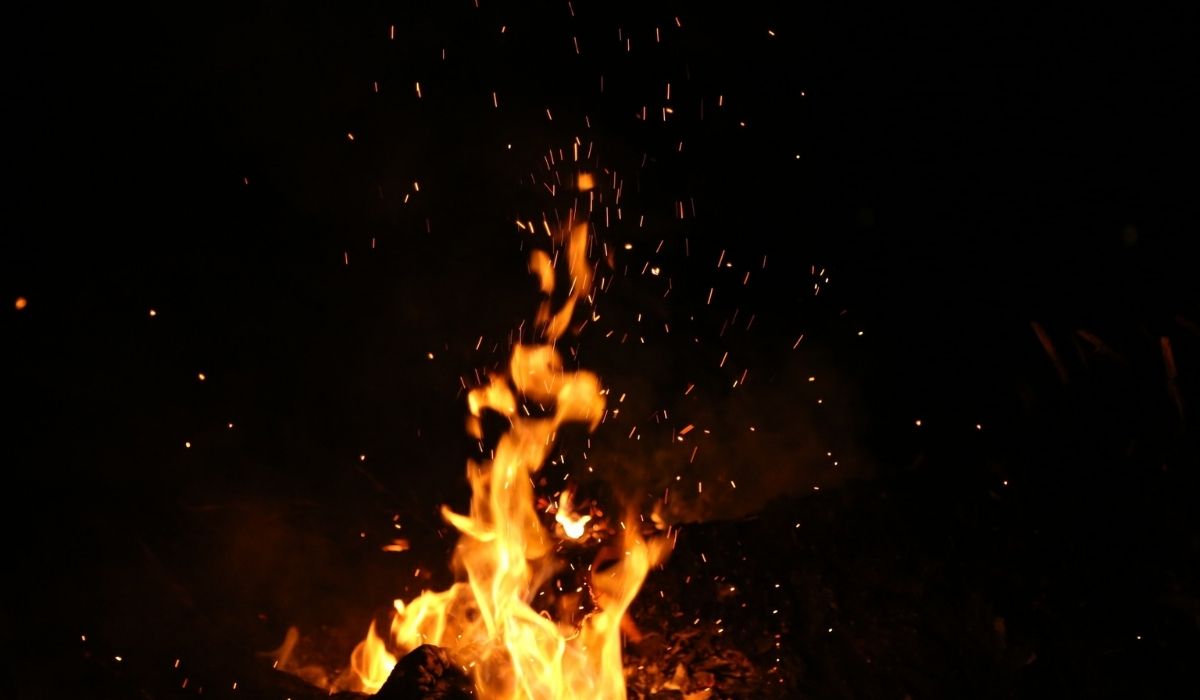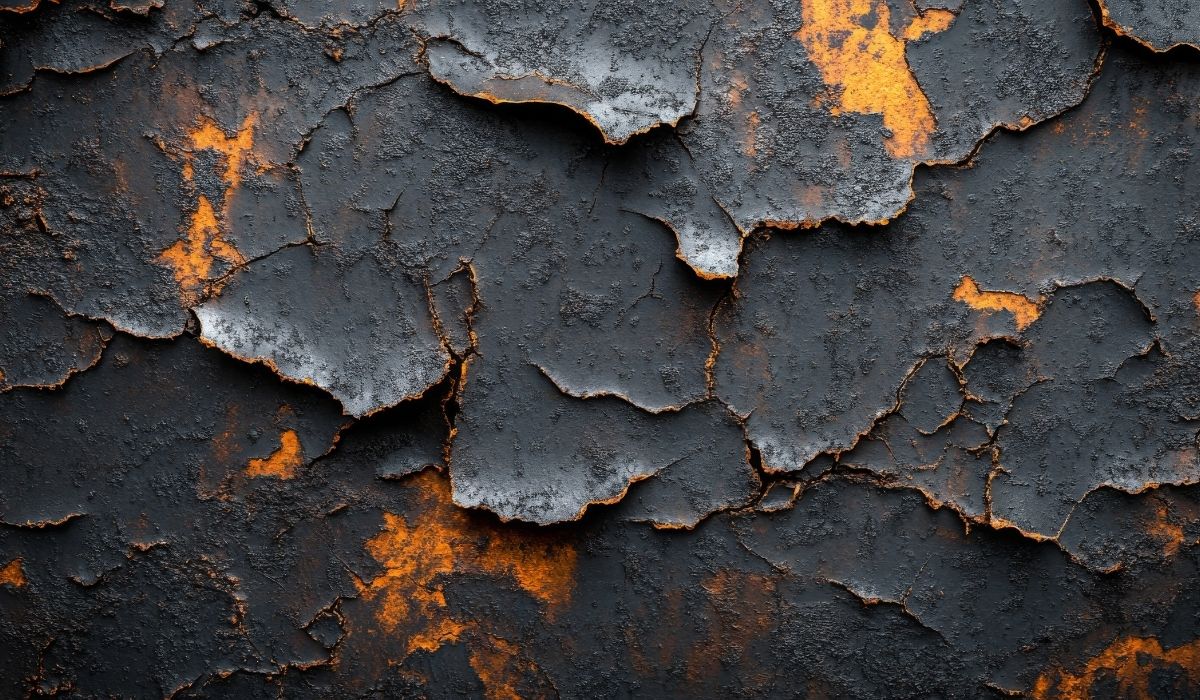Buying a House With Mold Issues: What You Need to Know
Are you thinking about buying a house with mold issues? It might seem like a perfect house, but finding signs of mold can be scary. Mold might look small, but it can cause big problems—both for your health and your wallet. In this guide, we’ll break down everything you need to know in simple words.
Let’s talk about what mold is, why it grows, how it affects you, and what to do if you find mold in a house you want to buy.
What Is Mold?
Mold is a type of fungi. It grows in places with moisture, like bathrooms, basements, or crawl spaces. Mold grows on organic materials like wood, drywall, and carpet. Some common types of mold are allergenic molds, black mold, and benign mold.
Mold spores float in the air. When they land on wet spots, they grow into mold. The more moisture, the more mold growth.

Why Mold Can Be a Big Problem
Even a little bit of mold can lead to mold infestations. The presence of mold can cause musty smells, mold stains, and even structural damage to a home. It can spread fast and become hard to clean up.
Mold can also affect indoor air quality and lead to respiratory issues. That’s why buying a house with mold problems takes careful thought.
Types of Mold to Watch Out For
There are many types of mold, but here are a few you should know:
- Black mold: A dangerous type that can cause severe health problems.
- Allergenic molds: These molds can trigger asthmatic reactions or runny nose and sore throat.
- Benign mold: Less harmful but still a sign of moisture issues.
Even the appearance of mold might not tell you the type of mold you’re dealing with. That’s why you need a professional mold inspection.
Signs of Mold in a House
Here are some telltale signs of mold:
- Musty or strange smells
- Mold stains on walls, ceilings, or floors
- Visible mold growth in bathrooms, kitchens, or basements
- Water spots or dark patches
- Poor ventilation in moisture-prone areas
- Busted pipe or roof leaks
If you see any of these, it’s a red flag for mold damage or even extensive mold growth.
Health Risks of Mold Exposure
Breathing in airborne mold spores can be dangerous, especially for people with weak immune systems or auto-immune disease. Some symptoms of mold exposure include:
- Sneezing and coughing
- Sore throat or runny nose
- Headaches and tiredness
- Bronchitis or asthma symptoms
- Autoimmune diseases or skin rashes
Even small amounts of mold can cause problems for people sensitive to air quality.
Should You Buy a House With Mold?
Buying a mold-infested property can be tricky. It might seem like a good deal, but the costs can add up. You need to think about:
- Remediation costs
- Hidden damage from water intrusion
- Health problems for your family
- Impact on property value
- Possible legal consequences
But don’t worry—if you’re smart and get the right help, you might still make a good real estate transaction.
Get a Professional Mold Inspection
Before you buy, hire a professional mold inspector. They can do comprehensive mold inspections to find hidden mold, moisture sources, and even test air ducts for air quality.
They use specialized equipment to spot mold in places like:
- Behind walls
- Under floors
- Attics and basements
- Air conditioning systems
This will help you decide if the home is worth it—or not.
👉 Learn more about mold cleanup and testing on our Mold Removal Orange County page.

What If Mold Is Found?
If mold is discovered, you have a few choices:
- Ask for a lower purchase price
- Ask the seller to pay for professional mold remediation service
- Walk away from the real estate deal
Always talk with your real estate agent to help with your options. You can also check disclosure requirements to see what the seller must legally share about mold problems.
How to Fix a House With Mold
To clean mold, you need a professional mold remediation company. These experts do more than just wipe away stains. They:
- Find all mold and moisture sources
- Use safe chemical solutions or bleach solution
- Remove mold from porous materials like drywall and carpet
- Fix things like leaky pipes or roofing issues
- Set up proper ventilation to prevent future mold growth
Only trained professionals should handle toxic mold or dangerous types. Trying to fix it yourself can lead to more damage or health issues.
Things to Think About Before Buying
Before you buy a house with mold, ask yourself:
- How big is the problem? Just a bit of mold or extensive mold growth?
- Can the mold be removed safely?
- How much will mold remediation efforts cost?
- Will your insurance coverage help pay for it?
- Does the house have good air quality management?
Also, check for flooding issues, attic leaks, basement flooding, or damp spaces. These can all be signs of underlying moisture or excessive moisture—perfect for mold.
Why You Need a Real Estate Agent
An experienced real estate agent can help you through the whole process. They’ll know about disclosure laws, price negotiations, and local remediation companies.
They’ll also know if the presence of mold is a common issue in the area. They can guide you toward safe, smart choices.
How Much Does Mold Removal Cost?
The average cost of mold removal depends on:
- Square feet affected
- Type of mold
- If it’s hidden or not
- The damage done
- If there’s structural integrity concerns
Some small fixes may cost a few hundred dollars. Bigger problems? They can reach thousands. That’s why a mold inspection is so important before you buy.
Tips for Preventing Future Mold Growth
Once the mold is gone, you’ll want to keep it that way! Here are some easy steps:
- Keep your home dry
- Fix leaks fast
- Use dehumidifiers
- Open windows for air flow
- Clean up spills quickly
- Do regular inspections in bathrooms, kitchens, and basements
Always address moisture issues quickly to stop mold from coming back.

FAQs About Buying a House With Mold Issues
1. Can I still buy a house with mold problems?
Yes, but you should get a professional mold inspection first. You might need to lower the price or ask for mold cleanup.
2. How can I tell if there’s hidden mold?
You might see mold stains, smell musty odors, or notice water spots. A mold inspector can check hard-to-see areas.
3. Will insurance cover mold damage?
Sometimes. It depends on the cause. If it’s from something like a busted pipe, you might get help. Always check your insurance coverage.
4. Is mold always bad for your health?
Not all mold causes health conditions, but some types can. Toxic mold and black mold can cause severe health issues.
5. What should I do after discovering mold during a home inspection?
Talk to your real estate agent. You can ask for repairs, lower the purchase price, or walk away from the deal.
Final Thoughts
Buying a house with mold issues doesn’t always mean you should walk away. But you do need to be smart. Mold can lead to health risks, big remediation costs, and legal consequences if not handled right.
Always hire a professional mold removal company or mold remediation specialist before making a deal. This way, you can enjoy your home without worries.
👉 For expert help and affordable mold services, visit Preferred Restoration’s Mold Removal Page today!
Want to breathe easy in your new home? Know the risks, ask the right questions, and take action before mold takes over.
Visit your nearby local emergency responder or contact us today for more information.
Table of Contents
EXCELLENTVerified A straight up honest broker who knows his stuff. Excellent communication and very helpful problem solving our mold issuePosted onVerified Giving Eric a 5-star review, and we haven't even started any work yet. He came to gave us his professional opinion and quote to address a mold issue in our house. He is clearly very knowledgeable. His opinion was wildly different than the previous estimate we received, from an agency that wanted to charge us about 4 times as much. He did a much more thorough assessment, and explained his reasoning for why he felt that our issue wasn't as extreme as the previous agency. He even gave us some suggestions as to how we could address our issue on our own, if need be. He doesn't appear "out to get you"... there are a lot of companies that work off the "mold is gold" motto, but he doesn't seem to be one of them. If we end up going with him for the job, we'll update the review... but, I was just so happy and relieved with his approach, estimate, knowledge, and his overall professionalism. Glad there are still people like this out there!Posted onVerified Eric and his team were prompt and professional. From diagnosis through cleanup they were very thorough.Posted onVerified Above and beyond expectations. Eric and his team were not only helpful, kind, and relatable to our issues, they were extremely professional and reliable. Always answered our calls. Showed up on time with great attitudes. Respected our home. Most importantly, got the job done in a fast and timely manner. Can't recommend enough.Posted onVerified We had a leak under the kitchen sink and called another company first. We were told there is mold and they would have to tent the area to remove it and that we'd also need a whole new cabinet. Of course, it was pretty expensive and they said we couldn't use the kitchen for a couple weeks. Feeling it's always wise to get more than one estimate, I called Preferred Restoration as they had excellent reviews. Eric replied promptly and came out to look things over. He felt the mold wasn't bad enough to require a tent and also felt a whole new cabinet was not required. Needless to say, we accepted his estimate immediately and the work was done in a professional manner. (They don't do the carpentry work, but can make a recommendation.) I highly recommend Preferred Restoration. I believe it's an honest company with skilled professionals.Posted onVerified Eric the owner was great to work and keep me informed the entire time that the moisture was being removed from my home. Highly recommend Eric and his team for any job!Posted onVerified Right from the start I knew I was going to be in good hands with this company. The response time was super quick and getting Eric to come out to my home to assess the situation was quicker than expected. Eric was very knowledgeable and answered all my questions thoroughly. He took his time to listen to all my concerns to carefully address the issues in my home. He made a stressful situation feel less stressful and manageable. I definitely recommend this company and will contact Eric if needed in the future. Thanks again Eric!Posted onVerified We discovered a mold issue in one of our bedrooms and reached out to Preferred Restoration Services for guidance. Eric was extremely helpful in helping us navigate what needed to be done since we had no experience with this type of issue. He shepherded us through the process and helped us understand every step that needed to be performed. He referred us to a couple of contractors which we used for plumbing and testing and they were also excellent. This was helpful so that we didn't have to figure out who else we needed to work with and vet them as well. Everyone from Preferred Restoration Services was very professional, communication was excellent, and customer service was outstanding. We had a lot of questions and they were all answered very quickly. I highly recommend Preferred Restoration Services for any damage restoration needs.Posted onVerified Preferred Restoration is the best service in town! If you want quality, fair pricing & guidance, call Preferred Restoration! Ask for Eric, he is very helpful and quick.Posted onVerified We had an issue with a sewer line that leaked and potentially needed some soil remediation under the house. I gave Eric a call and made an appointment for the next day for him to come out and assess the situation. Throughout the process his communication was great and he was on time (even gave me a call to let me know he was on his way). He went above an beyond to even check inside the house for potential water damage/mold. We did not have to move forward with any remediation. I appreciate Eric's communication, thoroughness, and HONESTY. We will keep his contact if we need any work in the future. I highly recommend Eric and Preferred Restoration!



